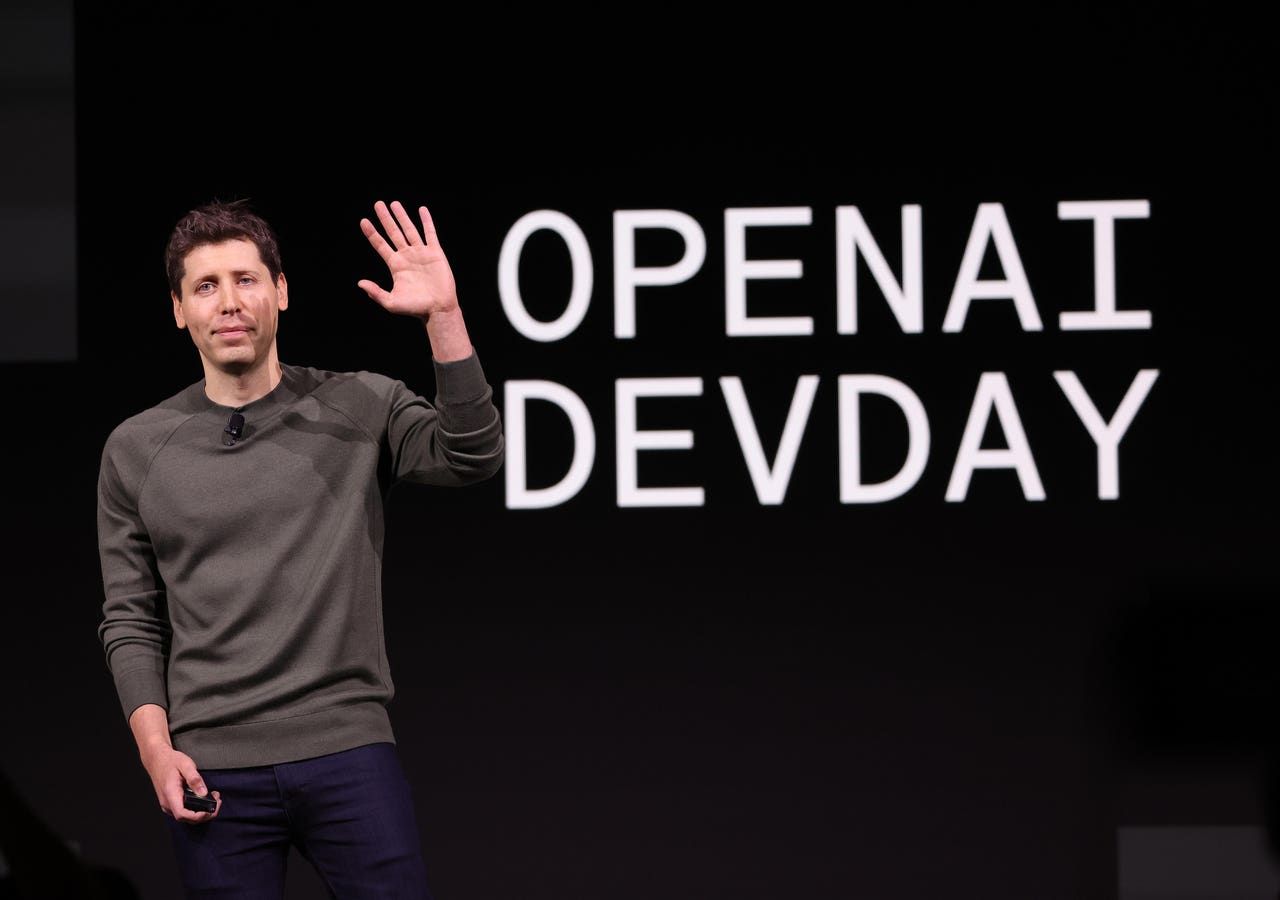As the way we discover information online changes, the biggest impact of this will be on businesses, especially small ones, which will need to ensure they can still be easily found online.
Mint explains what all these changes mean for business, consumers, and the future of the internet.
Why is AI search in sharp focus?
Conversations around AI search intensified after a subtle change to Google’s search engine ranking algorithms reduced the total number of web pages that could be accessed by AI models. Put simply, Google’s search algorithm determines which information on the internet is most visible—which pages show up at the very top of its results and which come later. While most users don’t look beyond the first few hits, for businesses hoping to be seen by enterprise directories, results lower down are equally important.
So far, Google’s algorithms have allowed AI models reading its pages for information to sift through 100 pages of results, giving businesses the ability to be visible even in AI-driven searches online. Of late, this has been reduced to 10, causing many websites to raise an alarm. This is because Google itself, through its ‘AI Mode’ and AI-generated snippets at the top of search results, is nudging users towards AI search.
Is that the only concern?
No. In late September, OpenAI, the world’s most valuable startup, unveiled ChatGPT Pulse, which showcased a new way to discover information online. With Pulse—currently available only to ChatGPT Pro users—OpenAI will seek permission from users to track their use of various applications, use this data to create a personality map of sorts, and harness it to recommend new content.
This model could completely transform the way we discover content online as it would make search rankings irrelevant. ChatGPT Pulse instead allows for businesses and services to partner with OpenAI on direct-to-consumer (D2C) offerings.
Experts say it could completely transform the way targeted advertising, content discovery and information search work, and leave businesses with even less control over how they show up online.
What are the other changes expected from AI search?
There are three main ways AI startups are trying to change online search. The first is by integrating ‘AI agents’, or small AI models trained for specific purposes, into browsers. The best example of this right now is Comet, the agentic AI browser by Silicon Valley upstart Perplexity, which last week was made free for all. Other popular browsers such as Mozilla’s Firefox, Google’s Chrome and Microsoft’s Edge are also likely to integrate AI agents into their browsers in the coming months.
The second big shift is the predominant use of voice for generative AI and AI search. The rise of voice-based AI interfaces could significantly change the way content is discovered on the internet. For instance, Google’s Project Astra is seeking to establish a universal, always-on AI interface that in the long run will provide search results through audio—without the conventional search ranking.
The third shift is the rise of vernacular languages in search and AI. Tech companies, as well as the government of India, are looking to increase the use of vernacular languages across their platforms. For businesses, this either means making their webpages and product offerings natively available in multiple languages, or supporting machine translation of their pages, for which needs websites to be coded in a specific manner.
All of this combined represents the biggest threat to online search as we know it.
How would these changes affect businesses?
According to data from the US government’s International Trade Administration, by 2027, global business-to-consumer (B2C) e-commerce transactions touch $5.5 trillion. India, with an e-commerce market worth $63 billion as of last year, is projected to keep growing at 14% annually and become the world’s single-largest B2C retail e-commerce market by 2027. But all of this is heavily dependent on both search engines and social media platforms. Drastic changes to search engines will have a big impact on how consumers discover businesses.
For media and marketing, conventional search engine optimisation will cease to exist, replaced by generative engine optimisation – meaning, how well businesses optimise their web pages to show up on AI search. Publications will also be increasingly dependent on AI platforms and have even less control over who sees their content. Consultants and search experts said that with the advent of generative search, fewer users are likely to even visit these websites, and will instead seek information on ChatGPT or Gemini instead. This will reduce direct traffic and thus their ability to monetise.
Where does India stand?
India has never fared well on developing search engines, and most AI startups working on training LLMs aren’t focused on content search and discoverability either. Most such entities, such as Peak XV-backed Sarvam and Meity’s India AI Mission-backed BharatGen, are focused on building AI models for businesses and public service organisations to use.
These small, nascent attempts, such as NoFrills and BharatGPT, are yet to present a serious challenge to Google, Microsoft, OpenAI and Perplexity. India, home to nearly 15% of all spoken languages, is the ideal market for a vernacular, voice-based AI search engine, but the early advantage remains firmly with Big Tech.









